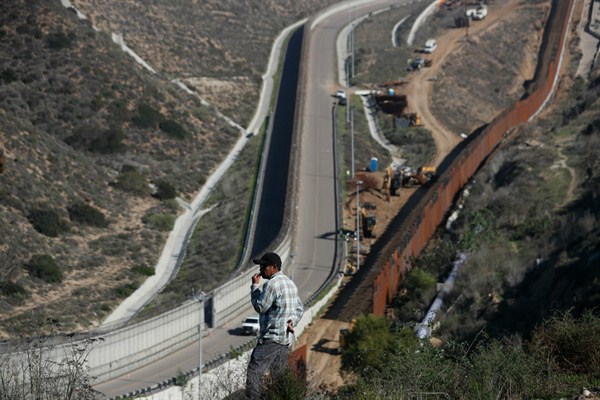American politics today is consumed by a debate over the security of the nation’s long southern border with Mexico, driven by President Donald Trump’s determination to build a barrier wall along its full length. While Trump has hammered on about this idea since announcing his presidential campaign in 2015, he did not push Congress on it during the first two years of his administration, when his Republican Party controlled both chambers of Congress. Only last month, with control of the House of Representatives about to shift to the Democrats, did Trump decide that funding a border wall was imperative—so much so that he forced a destructive partial government shutdown over it.
Democrats in Congress have refused to back what they see as a waste of money. This impasse has kept the shutdown going into its fourth week and eroded confidence in America’s global leadership.
How did things get to this point? Why has the American political system failed to produce a working compromise on what is, by U.S. government standards, a relatively modest funding request? The reason is far more complex than just a wall. This debate is not simply about that structure itself, but about deeper schisms in the American polity over the meaning of national security and the country’s essential character at a time of demographic change.

